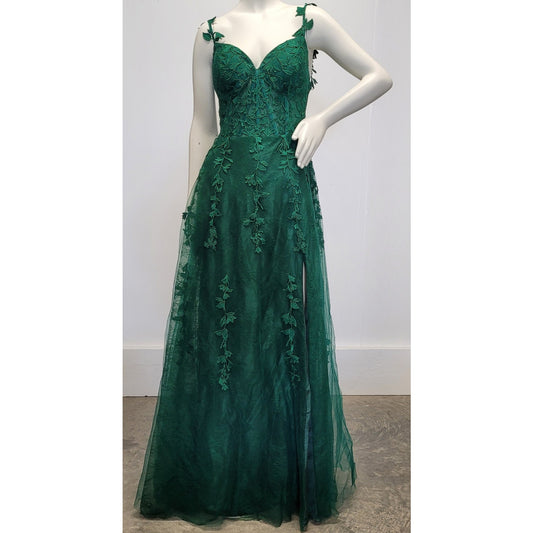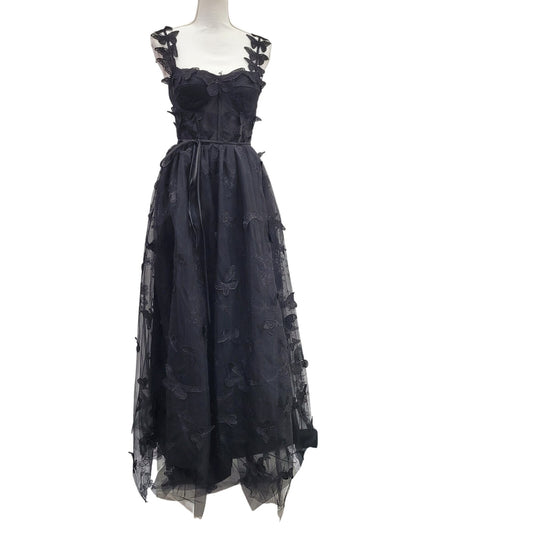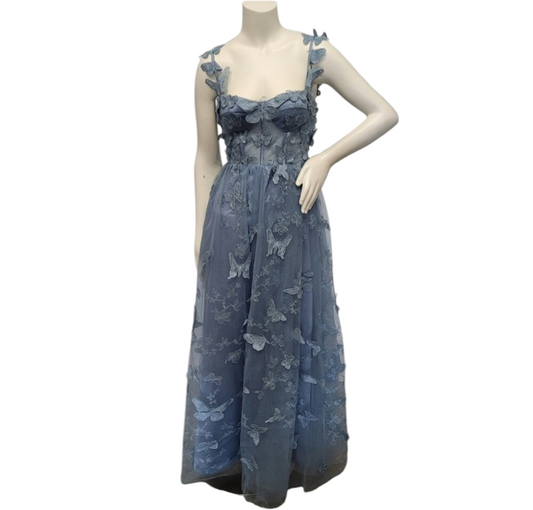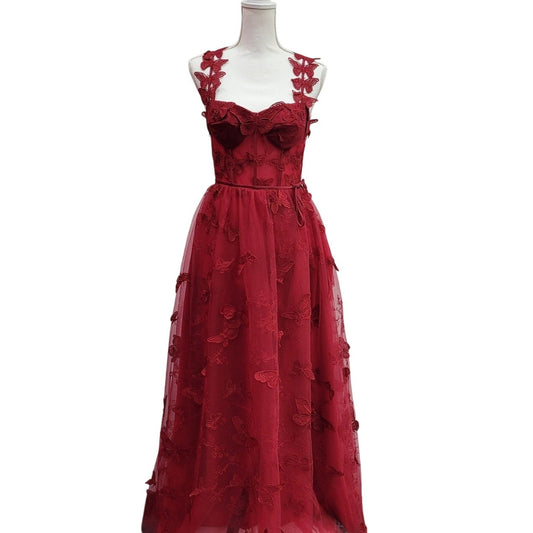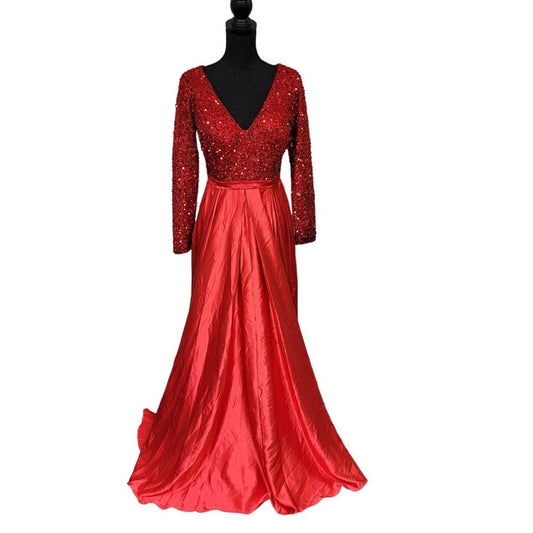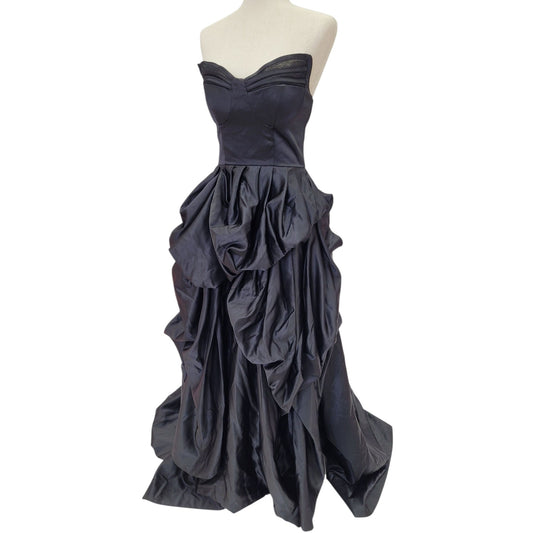TWIRL Blog
August 31, 2025
More than a Game or a Dance: The Origins of Homecoming: A Journey Through Time and Tradition
Homecoming games are a cherished tradition that brings students, alumni, and sports enthusiasts together in a celebration of school spirit and camaraderie. Have you ever wondered about the origins of Homecoming and how these traditions began? The history of Homecoming games is steeped in the rich narrative of college sports, evolving into the vibrant events we see today. As we explore the origins of Homecoming, you'll gain insight into how these festivities have shaped the cultural landscape of educational institutions. Join us as we unveil the fascinating journey of Homecoming traditions and their enduring impact on communities.## Origins of Homecoming
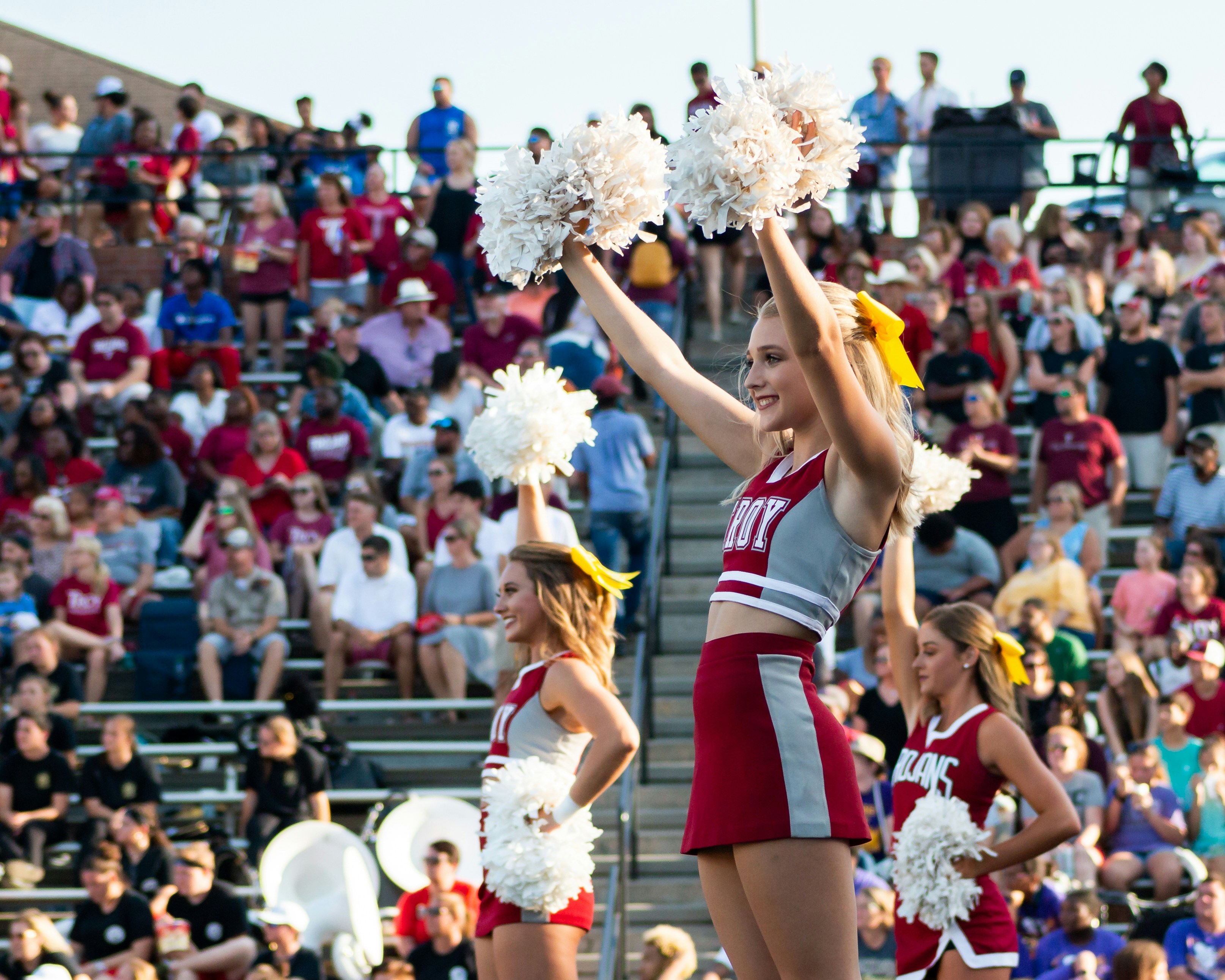
The origins of Homecoming are rooted in a rich history of school spirit and community celebration. Let's explore the early beginnings, the first Homecoming games, and how this tradition has evolved over time.
Early Beginnings
The concept of Homecoming emerged in the early 20th century as a way to bring alumni back to their alma mater. It was a time for graduates to reconnect with their school and fellow classmates.
Universities across the United States began to recognize the value of fostering strong relationships with their alumni. These connections were seen as vital for the growth and development of educational institutions.
The early Homecoming events were simple gatherings, often centered around a football game. They provided a platform for schools to showcase their achievements and progress to returning graduates.
The First Homecoming Games
The first official Homecoming game is often credited to the University of Missouri in 1911. This event set the stage for what would become a widespread tradition across American colleges and universities.
The inaugural Homecoming at Missouri featured a football game against the University of Kansas, their long-standing rival. The event was a huge success, drawing thousands of alumni back to campus.
Other schools quickly followed suit, recognizing the potential of Homecoming to boost school spirit and strengthen alumni relations. By the 1920s, Homecoming had become a staple of college life across the country.
Evolution Over Time
As Homecoming gained popularity, it evolved from a simple alumni reunion into a multi-day celebration. Schools began to incorporate various activities and events to engage students, alumni, and the local community.
The tradition expanded to include parades, pep rallies, and dances. These additions helped to create a festive atmosphere and build excitement leading up to the big game.
Over time, Homecoming also became an opportunity for schools to showcase their academic and cultural achievements. Art exhibits, lectures, and performances were often included in the Homecoming schedule.
Homecoming Traditions
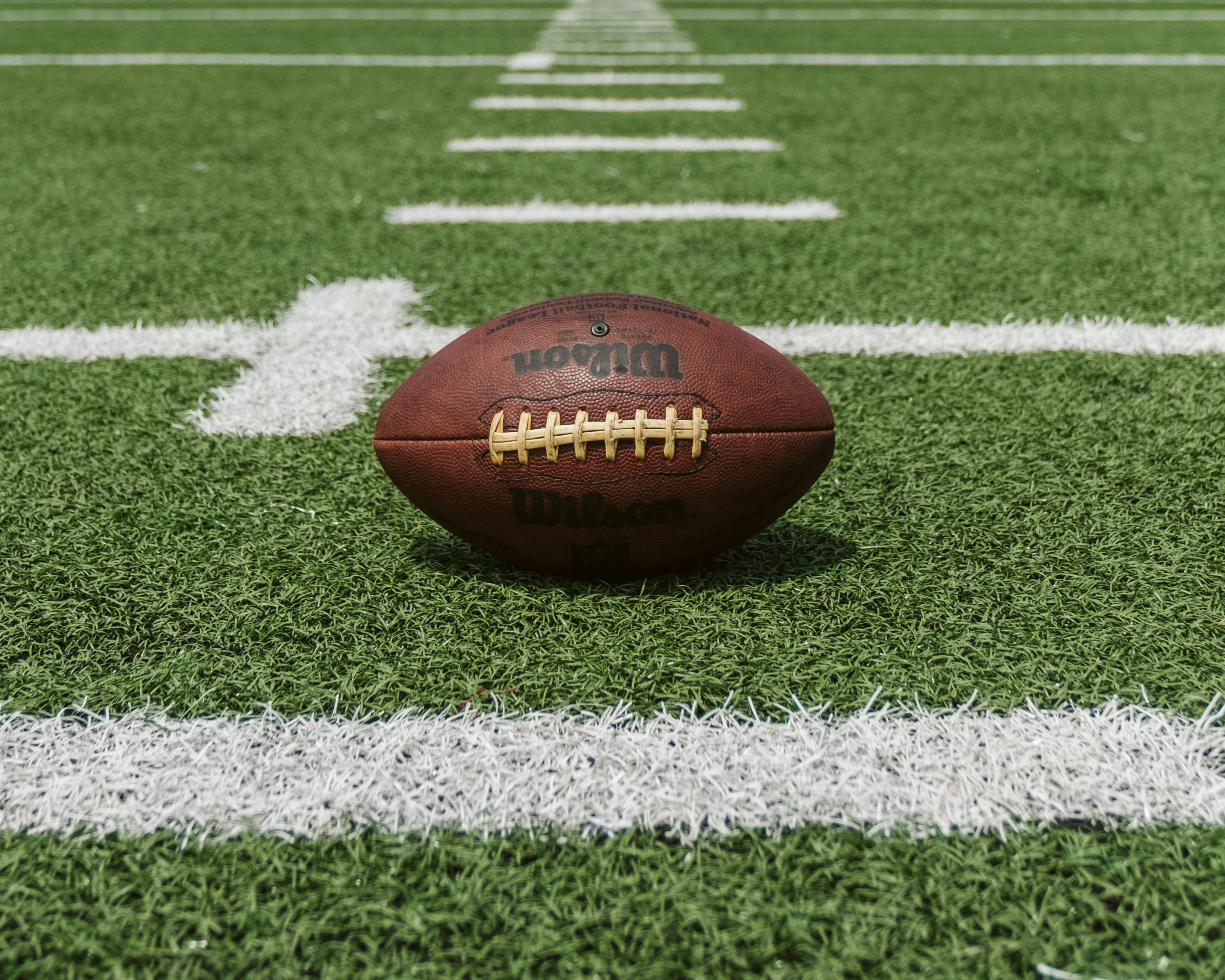
Homecoming traditions vary from school to school, but some common elements have emerged over the years. Let's look at two key aspects: parades and festivities, and the Homecoming court and royalty.
Parades and Festivities
Homecoming parades have become a central feature of many schools' celebrations. These colorful processions often include floats created by student organizations, marching bands, and local community groups.
The parades serve multiple purposes. They build excitement for the upcoming game, showcase school spirit, and provide an opportunity for the wider community to participate in the festivities.
Other common Homecoming activities include:
-Pep rallies to boost team morale
-Bonfires symbolizing school spirit
-Alumni gatherings and reunions
-Tailgating parties before the big game
These events help create a sense of unity and shared experience among students, alumni, and community members.
Homecoming Court and Royalty
The tradition of electing a Homecoming court, including a king and queen, began in the 1930s. This practice quickly spread to schools across the country, becoming a staple of Homecoming celebrations.
Initially, the Homecoming court was often selected based on popularity or appearance. However, many schools have evolved their selection process to focus on academic achievement, community involvement, and school spirit.
The crowning of the Homecoming royalty typically takes place during halftime of the football game or at a separate coronation ceremony. This event adds an element of pageantry and tradition to the Homecoming festivities.
History of College Sports
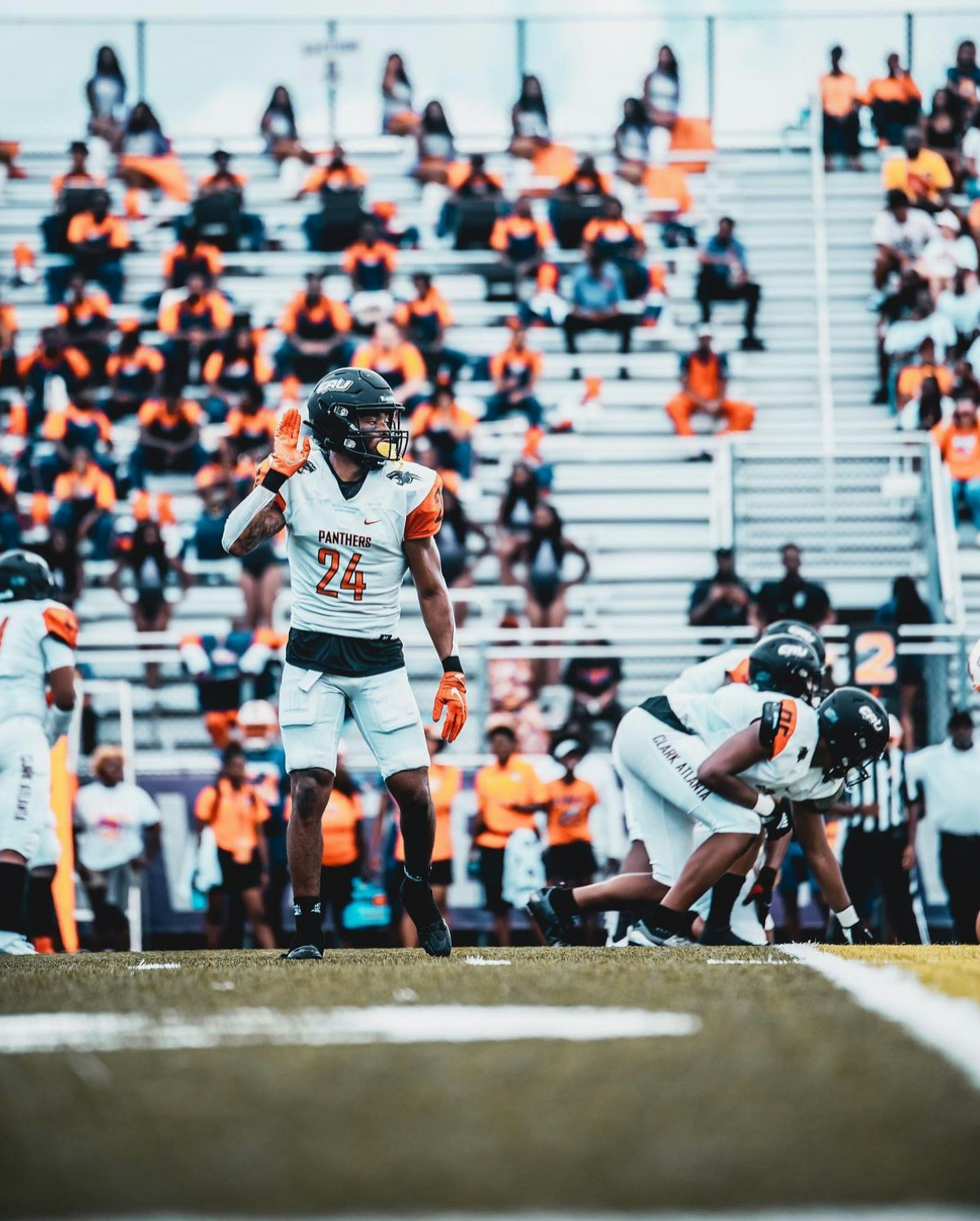
College sports have played a crucial role in shaping the Homecoming tradition. Let's examine their impact on Homecoming events and how they've contributed to the growth of school spirit.
Impact on Homecoming Events
College sports, particularly football, have been at the heart of Homecoming since its inception. The big game serves as the centerpiece of the celebration, drawing alumni back to campus and uniting the school community.
The importance of the Homecoming game has led to several traditions:
-Schools often schedule their Homecoming game against a rival team to increase excitement
-Special halftime shows featuring the marching band and other performances
-Recognition of notable alumni or former athletes during the game
These elements combine to create a memorable experience that goes beyond just the athletic competition.
Growth of School Spirit
Homecoming has been instrumental in fostering and growing school spirit. The events surrounding Homecoming provide numerous opportunities for students, alumni, and community members to display their pride in their school.
This increased sense of belonging and loyalty often translates into:
-Greater alumni engagement and support
-Enhanced student recruitment efforts
-Improved campus morale and unity
By bringing together past and present members of the school community, Homecoming helps create a strong, lasting connection to the institution that extends far beyond graduation day.
Simply Sequin Collection
-
Strapless White Sequin Gown with Corset Back and Leg Slit
Regular price $199.00 USDRegular priceUnit price / per$0.00 USDSale price $199.00 USD -
Elegant and Fun Sequin Evening Gown with Decorative Shoulder Strap
Regular price $199.00 USDRegular priceUnit price / per -
Elegant and Fun Sequin Evening Gown with Decorative Shoulder Strap
Regular price $199.00 USDRegular priceUnit price / per -
Elegant and Fun Sequin Evening Gown with Decorative Shoulder Strap
Regular price $199.00 USDRegular priceUnit price / per
Vine Collection
-
Vine Dress with Semi-Sheer Bodice Corset Back Tulle Skirt Evergreen
Regular price $199.00 USDRegular priceUnit price / per$0.00 USDSale price $199.00 USD -
Vine Dress with Semi Sheer Bodice and Classic A Line Skirt
Regular price $199.00 USDRegular priceUnit price / per$0.00 USDSale price $199.00 USD -
Teal Vine Dress with High Neckline and Strappy Corset Back with Pockets
Regular price $199.00 USDRegular priceUnit price / per$0.00 USDSale price $199.00 USD -
Red Vine Dress with Sweetheart Neckline and Classic A Line
Regular price $199.00 USDRegular priceUnit price / per$0.00 USDSale price $199.00 USD
Butterfly Collection
-
Short Butterfly Cocktail Dress with Tulle Skirt and Corset back
Regular price $149.00 USDRegular priceUnit price / per$0.00 USDSale price $149.00 USD -
Women's Black Butterfly Dress with Corset Back
Regular price $199.00 USDRegular priceUnit price / per$0.00 USDSale price $199.00 USD -
Women's Blue Butterfly Dress with Corset Back
Regular price $199.00 USDRegular priceUnit price / per$179.00 USDSale price $199.00 USD -
Women's Crimson Red Butterfly Dress with Corset Back
Regular price $199.00 USDRegular priceUnit price / per$0.00 USDSale price $199.00 USD
Tiered Gown Collection
-
Black Tiered Sequin Gown with Off Shoulder Straps and Corset Back with Slit
Regular price $299.00 USDRegular priceUnit price / per$0.00 USDSale price $299.00 USD -
Tiered Strapless Gown with Basque Waist and Corset Back
Regular price $249.00 USDRegular priceUnit price / per -
Strapless Pink Floral Tiered Dress with Corset Back
Regular price $249.00 USDRegular priceUnit price / per -
Tiered Sequin Gown with Off Shoulder Straps and Corset Back with Slit
Regular price $299.00 USDRegular priceUnit price / per
Gala Dress Collection
-
Bright Red Gala Gown with Sequin Bodice and Long Sleeves
Regular price $149.00 USDRegular priceUnit price / per$0.00 USDSale price $149.00 USD
Crystal Collection
-
Oversized Crystal Satin Evening Gown
Regular price $199.00 USDRegular priceUnit price / per$0.00 USDSale price $199.00 USD
Ballgown Collection
-
Stunning Strapless Black Satin Ball Gown with Pickups
Regular price $249.00 USDRegular priceUnit price / per





